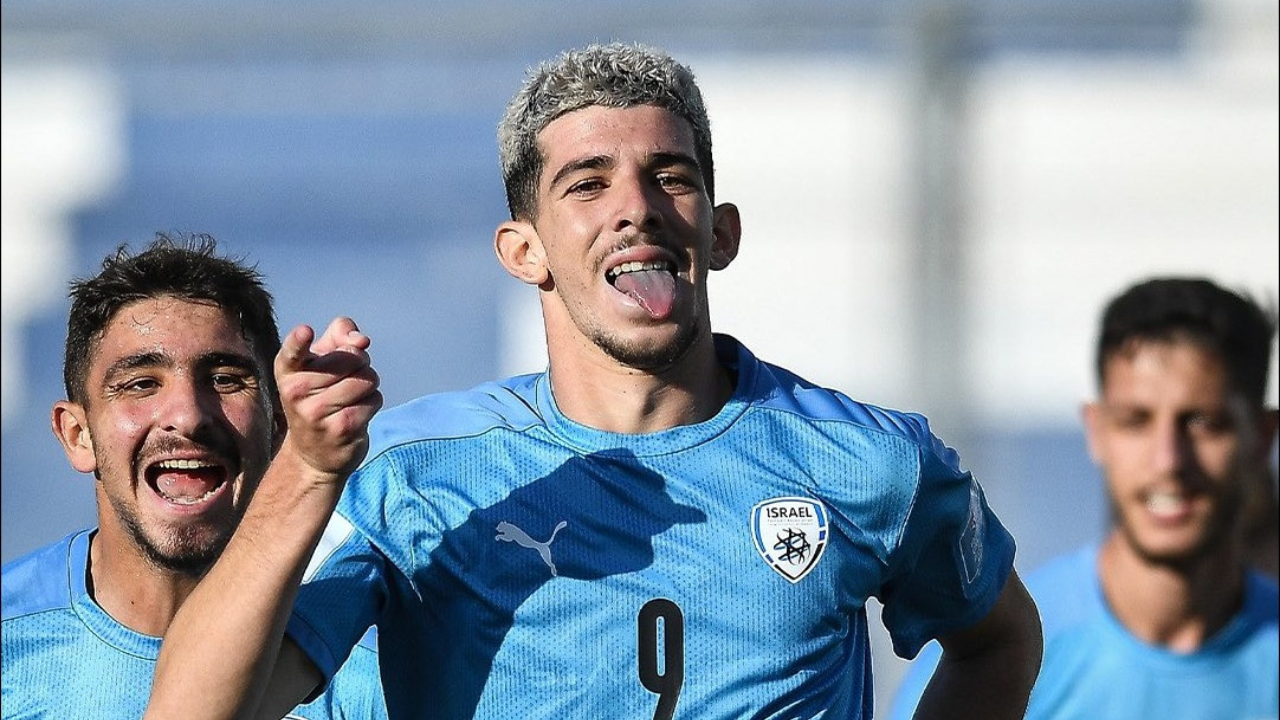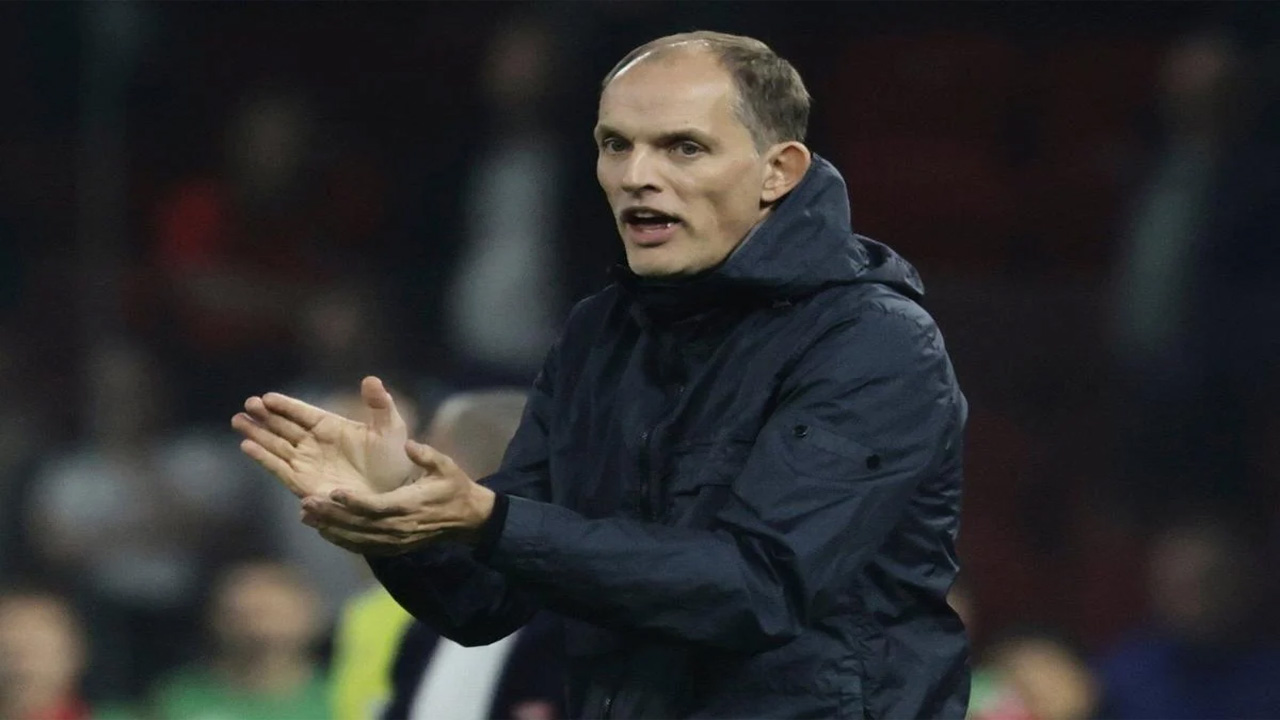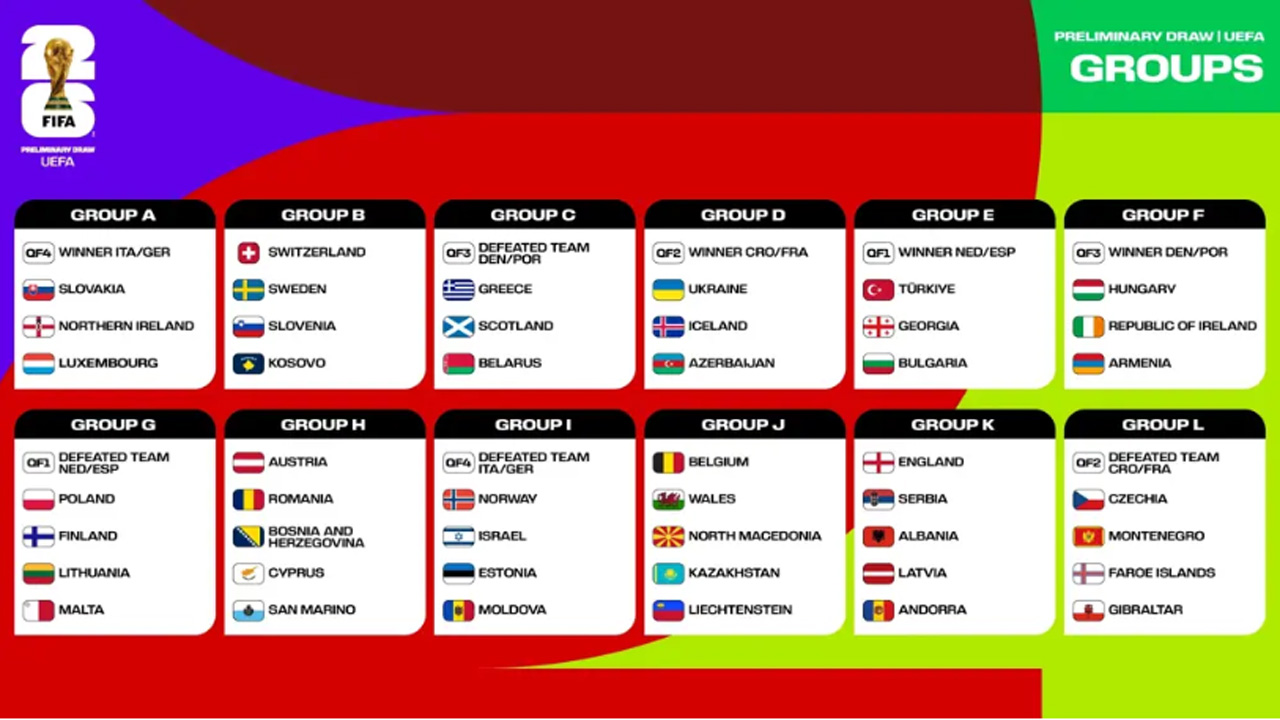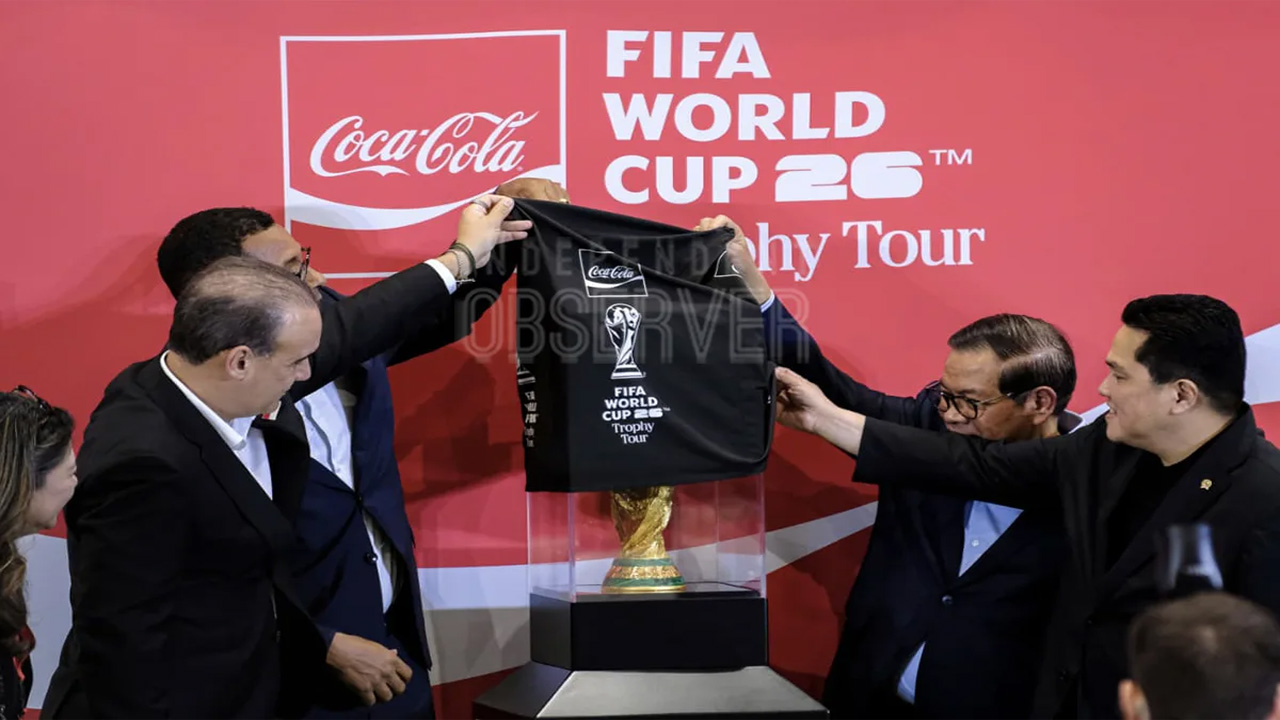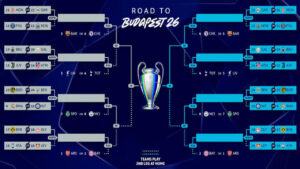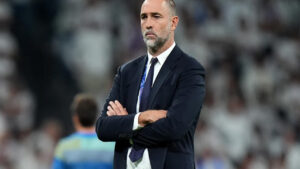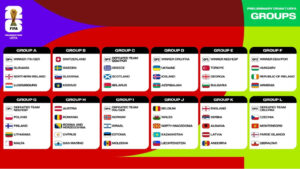Israel Football Faces UEFA Sanctions and Possible World Cup 2026 Exclusion
Bornheimer – The world of football is no stranger to political tension, but rarely has the spotlight been as intense as it is now on Israel’s national team. Following Israel’s recent strikes on Qatar in early September, international criticism has turned into tangible pressure on UEFA. Local reports suggest that the governing body of European football is actively considering sanctions that could see Israel expelled from the World Cup 2026 qualifiers.
“Read also: FIFA Faces Pressure to Strip United States of 2026 World Cup Hosting Rights“
Parallels With Russia’s Exclusion From Football
Observers quickly drew comparisons between Israel’s current situation and Russia’s infamous exclusion from FIFA and UEFA competitions in 2022. That decision came after Moscow’s invasion of Ukraine, a political move that spilled directly into the world of sport. Should UEFA follow a similar path with Israel, the precedent of sidelining nations for political aggression will again dominate international discourse.
UEFA’s Upcoming Executive Meeting
Reports from Israeli outlet Mako reveal that UEFA is preparing to discuss the matter in an upcoming executive session. The debate is not limited to the fate of the Israeli national team in World Cup qualifiers, but also extends to club football, particularly Maccabi Tel Aviv’s place in the Europa League. The implications are vast, potentially reshaping not only Israel’s standing but also tournament structures.
Qatar’s Role as a Key UEFA Sponsor
The timing of this controversy is far from coincidental. Qatar, one of UEFA’s most influential sponsors, has reportedly increased pressure on the organization since the September strikes. Sponsorship ties carry undeniable weight in modern football, where corporate partnerships often dictate policy shifts. Analysts argue that UEFA is caught between financial obligations and political sensitivities, creating an unprecedented dilemma.
Voices From Inside Israel
Adding to the tension, a senior Israeli official admitted, “We are one step away from being in the same situation as Russia.” Such a candid statement underscores the gravity of the threat. For Israel, exclusion would not just be a sporting setback but also a symbolic diplomatic defeat, signaling diminished acceptance in international arenas.
The Stakes in World Cup Qualification
Currently, Israel sits third in its qualifying group behind Italy and Norway. Managed by Ran Ben-Shimon, the team is scheduled for two crucial matches next month. However, if sanctions are imposed before those fixtures, Israel’s hopes of reaching the 2026 World Cup would evaporate overnight. For players, fans, and officials, the uncertainty is both frustrating and destabilizing.
“Read more: Ferrari Shine as Lewis Hamilton and Leclerc Lead FP2 in Baku While McLaren Struggles“
Broader Implications for Israeli Football
Beyond the national team, the prospect of sanctions threatens to isolate Israel’s clubs from European competition entirely. For decades, UEFA tournaments have served as vital platforms for exposure and development. Exclusion would cut off these opportunities, potentially stunting the growth of Israeli football and diminishing its visibility on the global stage.
Waiting for UEFA’s Final Word
As of now, neither FIFA nor UEFA has issued an official statement on the matter. According to SPORTbible, UEFA has been contacted for clarification but has yet to respond. Until a decision is reached, speculation will dominate headlines, while players and supporters are left in limbo, uncertain of their footballing future.
The Human Side of the Crisis
Amid the politics and power struggles, it is important not to forget the human side. For athletes who dedicate their lives to the sport, missing out on the world’s biggest stage would be devastating. Fans, too, would feel alienated, caught between their love of the game and the consequences of political decisions far beyond their control.
